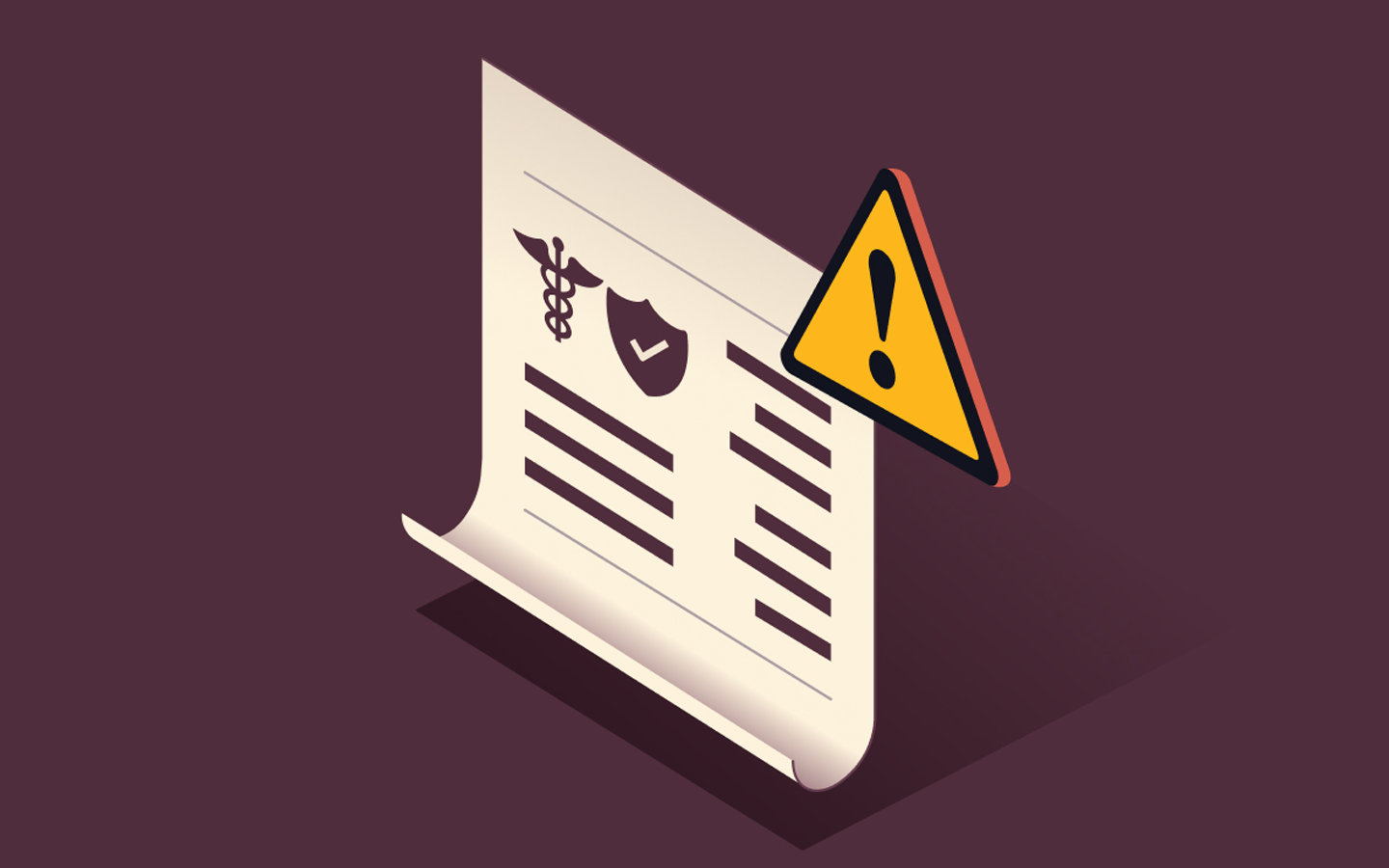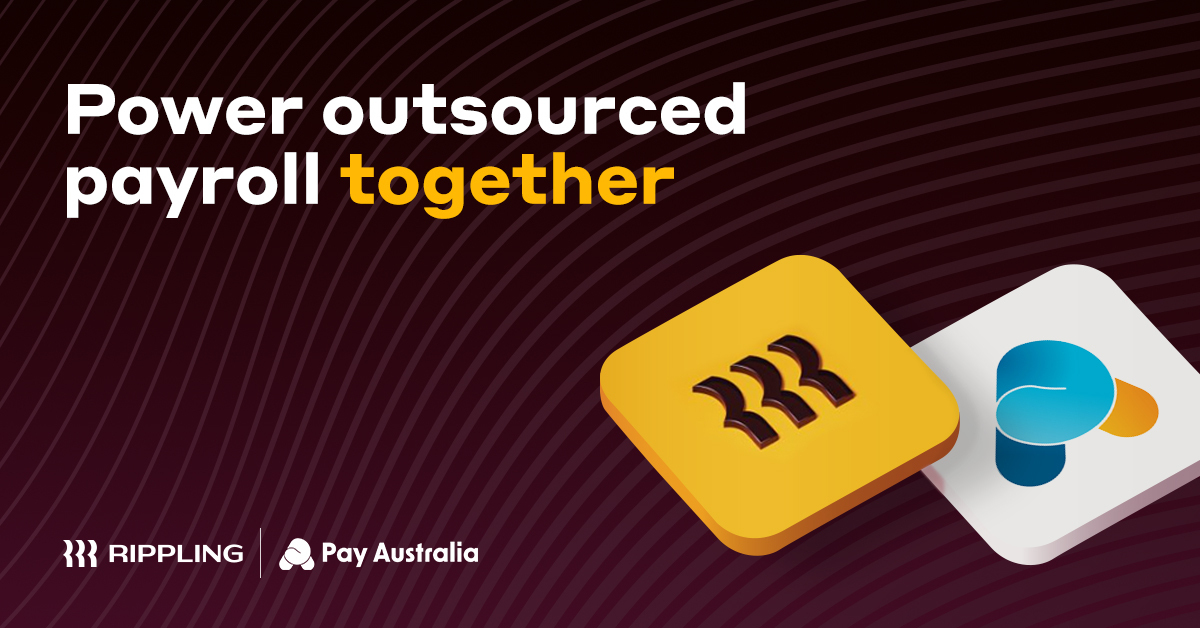Paying your employees correctly is the most fundamental part of running a business. Yet companies still get it wrong.
Rippling recently conducted an independent research study on the state of Australian payroll, which reveals the stark prevalence of accidental wage theft:
- 59% of Australian companies admitted to making a payroll error in the past 24 months
- 48% of payroll errors came from under or overpaying an employee
- 44% of companies belatedly paid their employees
Incorrect payments erode trust, dampen morale, and leave the workforce dissatisfied and disengaged. Employees feel like their employer doesn’t care about them. And companies struggle to attract and retain top talent.
Mispaying is also illegal. New IR reforms criminalise wage theft and promise steep penalties for noncompliance.
Tony Burke, Minister for Employment and Workplace Relations of Australia, helped usher in these changes, explaining that “it is and should be a criminal offence for the employee to be taking money from the till. But it is not a criminal offence, in most of Australia, for the employer to be taking money from their employee’s pay.”
These imminent IR reforms will bring a new level of compliance scrutiny. This year alone, Australian authorities handed significant fines to major companies like Commonwealth Bank ($10.3M), Optus ($7.8m) and Australia Post ($5.6 million).
The challenge with payroll
A reliance on manual, outdated systems contributes to the high error rates when running payroll. Our research shows that half (48%) of businesses still rely on manually inputting employee data. This increases the risk of human error and slows businesses down as they scale.
Repeating manual processes across multiple siloed systems only exacerbates the issue. Yet 63% of Australian companies employ three or more solutions to manage their HR and payroll, and over a third (37%) use five or more. The glut of disparate systems makes it difficult for businesses to keep employee data consistent, leaving the door wide open for costly mistakes.
What’s more, 52% of HR and payroll teams are worried new IR reforms, like re-categorising gig workers, will add more complexity and stress to the payroll function.
So how can businesses reduce the risk of payroll errors and remain compliant?
Finding a better solution
To overcome these challenges, Australian companies need to modernise their payroll system and processes. New systems should remove pain points, save time, keep up with changing legislation, and monitor compliance — so that HR teams can pay employees accurately and devote more time toward strategic projects.
And instead of scattering employee data across disparate systems, businesses with a unified solution ensure updates automatically sync without the need to re-enter any information. This single source of truth reduces errors and gives every team the power to run payroll more efficiently.
However, only one in ten companies use a single solution to manage payroll and HR.
The cost of accidental wage theft has never been higher, and companies need a better payroll solution. A robust payroll system, coupled with an effective HR, IT, and Spend system can mitigate errors and fix any potential issues before they become a serious problem that impacts brand and employee trust.
Disclaimer: Rippling and its affiliates do not provide tax, accounting, or legal advice. This material has been prepared for informational purposes only, and is not intended to provide or be relied on for tax, accounting, or legal advice. You should consult your own tax, accounting, and legal advisors before engaging in any related activities or transactions.












